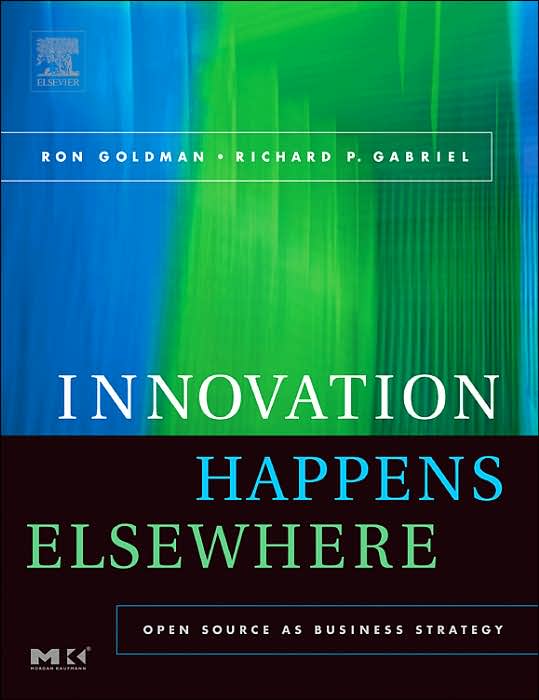|
Previous Table of Contents Up Next 3. What Is Open Source?There is an existing large open-source community with established practices and culture. Companies and others wishing to start or join an existing open-source project need to understand the ground rules and established practices for this larger community because the term open source sets expectations that need to be either met or explained. A good way to conceptualize this is to think of the open-source community as a foreign country with its own culture and every open-source project as existing in that country. Although it might be possible to impose different cultural rules on that project, it is more likely to be easier to adopt existing customs. Therefore, understanding open source as it exists is crucial to success. There are many definitions of what constitutes open source. The basic idea is very simple: By making the source code for a piece of software available to all, any programmer can modify it to better suit his or her needs and redistribute the improved version to other users. By working together, a community of both users and developers can improve the functionality and quality of the software. Thus to be open source requires that anyone can get and modify the source code and that they can freely redistribute any derived works they create from it. The different licenses have various wrinkles on whether modifications must also be made into open source or if they can be kept proprietary. Later in this book we also discuss cases that do not meet the full definition of open source but do involve some form of collaborative development of the source code, for example, Java. Open Source in BriefPhilosophical Tenets of Open SourceOpen Source and Agile MethodologiesCommon Open-Source Myths, Misconceptions, and QuestionsOpen Source and CommunityThe Secret of Why Open Source WorksVariations on Open Source: Gated Communities and Internal Open SourceOpen Source: Why Do They Do It?What Is Open Source?
|
|||
|
|


